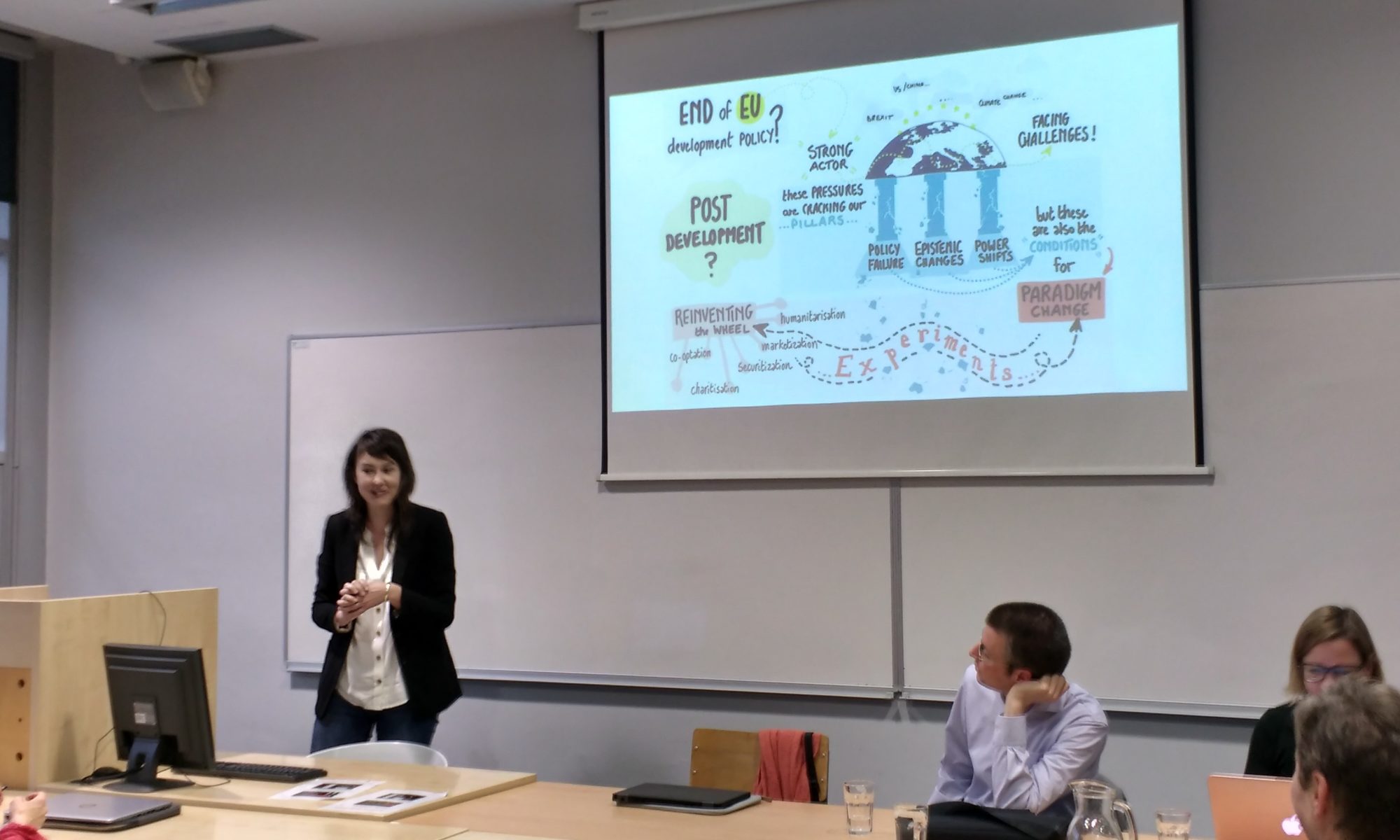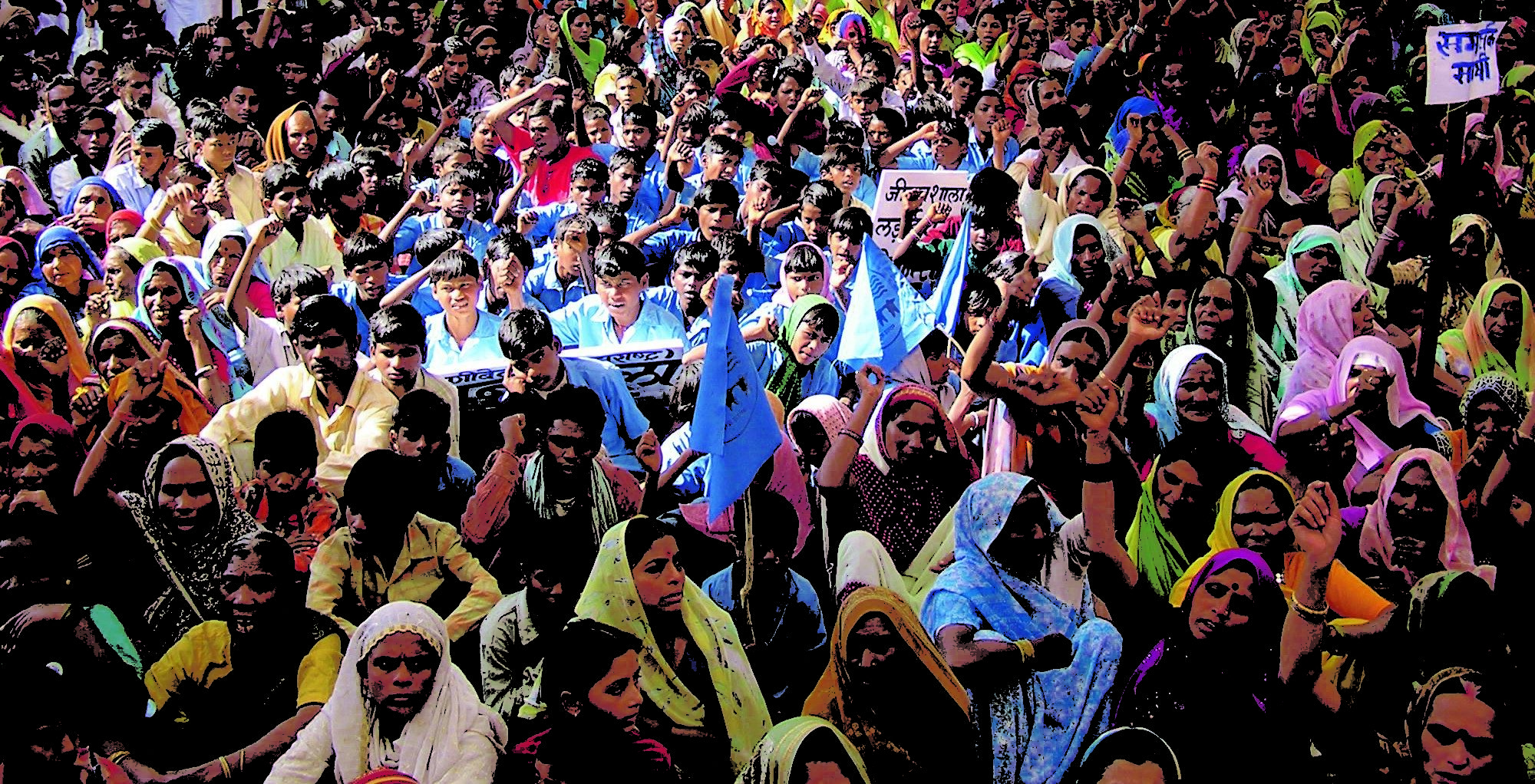By Koen Bogaert, Julie Carlier, Brecht De Smet, Marlies Casier, Dorien Vanden Boer and Bernard Mazijn
Development cooperation does not work. It has never worked. So why not flush the European DG Development down the drain? That was the conclusion of a recent piece published by European researchers Jan Orbie and Sarah Delputte. The danger of this conclusion is that Europe would ignore its historic accountability and the problems it has created. This is why we want to engage with some of the points that our colleagues have touched upon. Where does this idea of Europe needing to ‘develop’ the rest of the world come from? What is left unsaid when we talk about development aid? And what would a post development era look like if we would really listen to voices from the Global South? Continue reading “‘Justice’ not ‘aid’ for the Global South”



